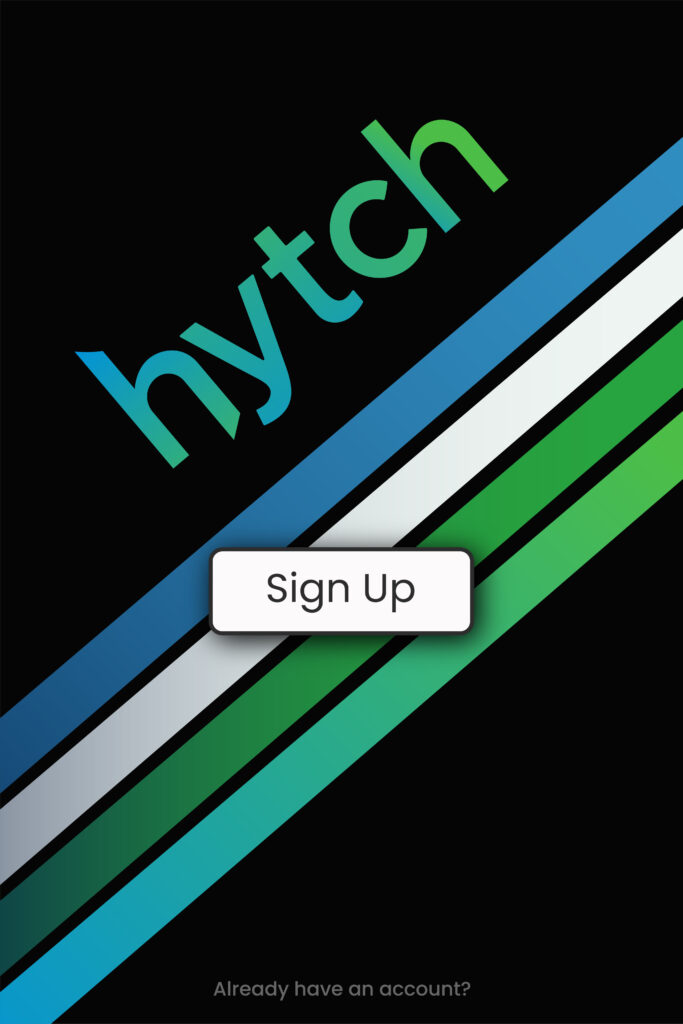Modern transportation systems were not designed for how people actually live today. Cities have grown denser, work has become more flexible, schedules more fragmented, and travel patterns more complex. Yet mobility is still largely governed by static infrastructure and blunt policy tools. The result is familiar and costly: congestion that consumes time, emissions that degrade air quality, missed appointments, unreliable arrivals, unsafe trips home, and billions of dollars in lost productivity.
For decades, the dominant response has been structural. Build more roads. Add lanes. Raise prices. Impose restrictions. These approaches assume that congestion and inefficiency are engineering failures rather than behavioral ones. They also assume that people will change how they move primarily through enforcement or sacrifice.
MobileFlow was founded on a different premise: movement is not broken because infrastructure is insufficient, but because incentives are misaligned.
MobileFlow is a mobility technology company focused on aligning the interests of organizations and individuals around how people move through the world. Instead of telling people what not to do (and punishing them to increase the chances that they listen), MobileFlow is building a platform that verifies and rewards people for engaging in positive-sum behaviors associated with movement.”
Hytch is MobileFlow’s flagship platform.

What Hytch Is — and What It Is Not
Hytch is not a navigation app. It does not replace maps, rideshare platforms, or public transit systems. It does not dispatch vehicles, set routes, or sell tickets. Instead, Hytch sits above existing transportation options as an incentive and engagement layer—one that turns everyday movement into a game with real rewards and real outcomes.
Hytch is best understood as a platform that gamifies movement.
Organizations (also called sponsors) use Hytch to define specific behaviors they want to encourage. These behaviors might include carpooling, arriving before a certain time, avoiding peak congestion windows, visiting a venue during off-hours, walking or biking instead of driving, or ensuring a safe ride home after drinking. Sponsors fund rewards for those behaviors. Users earn rewards by completing them.
In other words, sponsors write the rules of the game, and users play simply by moving through the world.
This framing is intentional. Hytch does not treat transportation as a compliance problem. It treats it as a system of incentives, habits, and social dynamics. The platform is designed to feel participatory rather than punitive, engaging rather than extractive.
Why Gamification Works Where Mandates Fail
People already make daily decisions about when to leave, where to go, who to travel with, and how to get there. Those decisions are influenced by time pressure, cost, convenience, and social context. Traditional transportation policies often ignore these realities, relying instead on delayed feedback and abstract benefits.
Hytch operates in real time and at the individual level.
By attaching immediate, tangible rewards to specific actions, the platform lowers the friction of better choices. Carpooling stops being a sacrifice and becomes an opportunity. Leaving ten minutes earlier feels less like a loss when it is rewarded. Choosing a safe ride home is reinforced at the moment it matters most.
Gamification adds another layer. Streaks, challenges, leaderboards, group participation, and time-bound incentives tap into intrinsic motivation. Users are not just earning money; they are participating in an evolving system that recognizes consistency, collaboration, and smart decision-making.
The result is a behavior change that feels voluntary and fun rather than imposed.
The Role of Sponsors: From Advertising to Outcomes
Hytch fundamentally changes the relationship between organizations and the people they are trying to influence.
Sponsors do not buy ads or impressions. They do not guess whether a campaign worked. Instead, they allocate budgets toward clearly defined actions and pay only when those actions are completed. A restaurant can reward verified visits during slow hours. An employer can incentivize punctual arrivals. A nonprofit can fund safe rides home and see how many actually occur.
This shift means sponsors are no longer optimizing for clicks or reach. They are optimizing for outcomes: arrivals, departures, shared rides, safer decisions, and time saved. Because rewards are tied directly to behavior, sponsors gain clarity and accountability without surveilling individuals or imposing mandates.
Hytch becomes a way to shape behavior through incentives rather than enforcement.
Social Movement, Not Just Transportation
Movement is inherently social. People commute with coworkers, coordinate plans with friends, attend events together, and make decisions based on what others are doing. Hytch embraces this reality rather than ignoring it.
Hytch Social adds a location-based, action-oriented social layer to the platform. Users within trusted friend groups can share short, place-based stories and memories as they move through their week. These moments—where someone went, what they did, what stood out—make movement visible and relatable.
More importantly, they create momentum. Seeing friends out in the world encourages participation. Coordinating plans becomes easier. Engagement becomes habitual rather than transactional.
Users can also incentivize one another directly, offering small rewards to encourage meetups or shared activities. This peer-to-peer dynamic reinforces the idea that movement is not just something that happens to people—it is something they shape together.
Safety as a First-Class Outcome
Not all movement is about efficiency. Some decisions carry higher stakes.
Hytch SafeRide applies the same incentive logic to safety-critical situations, particularly around impaired driving. Instead of relying on signage, slogans, or untracked giveaways, sponsors fund incentives that activate when someone needs to get home safely. Both the person choosing not to drive and the person providing the ride can be rewarded.
The emphasis is on verification and outcomes, not moralizing. SafeRide programs are designed to reduce harm, strengthen community trust, and give sponsors clear evidence of impact. Safety becomes measurable, repeatable, and improvable—not just aspirational.
Data as a Byproduct of Play, Not Surveillance
As users participate in Hytch programs, the platform generates valuable insights into how incentives affect behavior. This data is aggregated and anonymized by design. Sponsors see trends and outcomes, not individual identities.
The distinction is critical. Hytch does not monetize personal data. It monetizes verified outcomes.
Sponsors can understand which incentives work, when they work, and at what cost. They can see how arrivals shift, how shared travel increases, or how safety programs perform over time. This feedback loop allows programs to improve without eroding trust.
For MobileFlow, this creates a durable business model rooted in utility rather than extraction. For users, it preserves privacy while ensuring that their actions have visible impact.
MobileFlow’s Team
Mobile Flow’s innovation engine is a tight, execution-minded roster: CEO Andrew Grinde is using his experience founding companies in the finance and manufacturing industries to steer funding and partnerships with a manufacturer’s pragmatism; COO Demetre Gostas translates complex tokenomics into practical incentives while guiding frictionless operations; and the Head of Engineering, Brooke Lacey, brings both a long history of programming experience in multiple industries while maintaining a large online presence that has reached 47+ million lifetime views.



MobileFlow’s Philosophy
MobileFlow operates with a clear set of principles:
- Aligned incentives beat coercion
- Time is a human right
- Equity comes from access, not restriction
- Simplicity matters more than novelty
- Impact matters more than optics
These principles shape how Hytch is built and how it evolves. The goal is not to overwhelm users or sponsors with complexity, but to make participation obvious and rewarding.
Every feature is judged by whether it helps people move better—together.
A Platform That Compounds
Hytch works because each participant strengthens the system.
As more sponsors define rules, users gain more opportunities to earn rewards. As more users participate, sponsors gain more confidence and better outcomes. Social engagement increases retention. Better data improves program design. Each loop reinforces the next.
This compounding effect is what turns Hytch from a set of features into a platform.
It is not dependent on a single use case or customer type. The same underlying mechanics apply to commuting, nightlife safety, events, campuses, and commerce. The rules change; the game remains consistent.
The Bigger Picture
Transportation has long been treated as a cost to be managed. MobileFlow sees it as a system to be aligned.
By paying people to move in ways that benefit themselves and their communities, Hytch reframes everyday travel as a positive-sum activity. Time is saved. Emissions are reduced. Safety improves. Participation increases.
Most importantly, people regain agency over how and why they move.
Hytch does not ask users to care about policy. It asks them to play a game that rewards good decisions. It does not ask sponsors to trust black-box metrics. It gives them outcomes they can see and justify. MobileFlow is building the connective tissue between organizations and individuals—one that turns movement into something measurable, incentivized, and shared.
Not by forcing change.
By making better choices worth it.














